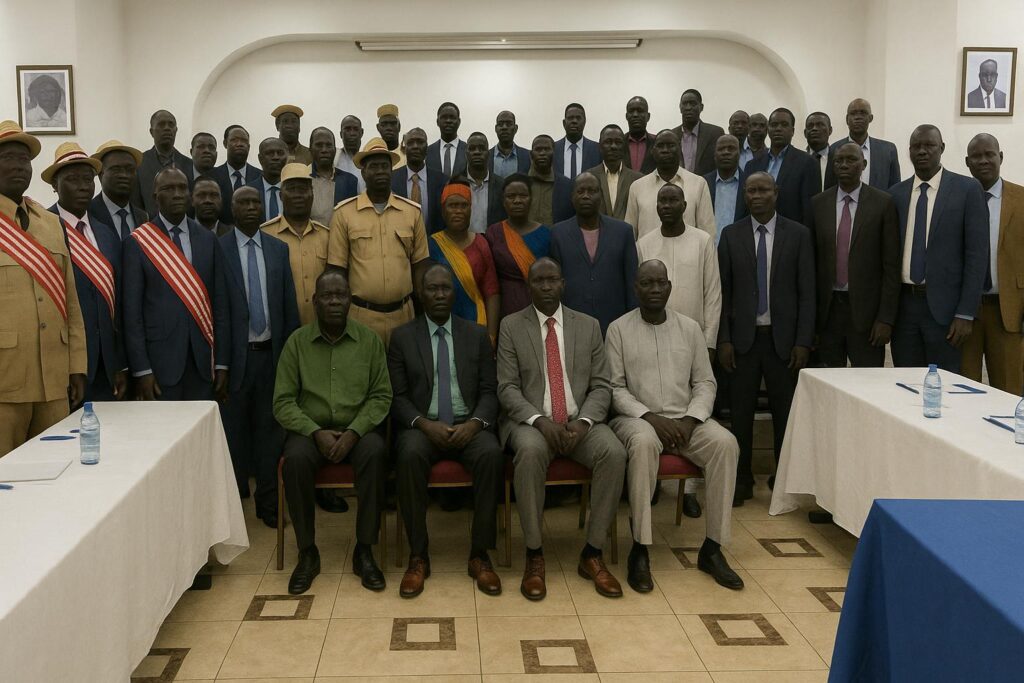Juba Conference Sparks Legal Overhaul
After three intense days in Juba, elders, chiefs, scholars and youth from South Sudan’s Nuer community agreed to harmonise divergent customary laws on marriage, dowry and compensation. Delegates said uniform rules will reduce confusion and restore fairness across eastern and western Nuer sections.
Dowry Inflation Under Spotlight
Speakers highlighted the soaring bride price that now reaches 120–200 cows, each valued at roughly 200 USD. Chairman James Hoth Mai called the escalation unsustainable, warning that it pushes many young men into informal unions and fuels social instability.
Delegates therefore endorsed a benchmark of 200 USD per cow and urged clans to keep total livestock demands within traditional ranges of 25–35 animals. Mai insisted parental investment in education should not be monetised through higher dowry, arguing child-rearing remains a familial duty.
Nationwide Consultations Ahead
Resolutions adopted in Juba mark merely the first step. Organisers plan a country-wide outreach that will involve local chiefs, women’s groups and the diaspora through the NAAD Institute. Historical codes dating back to 1942 and wartime amendments will be consolidated into a single draft.
A Living Legal Charter
Mai described the forthcoming document as ‘living’, open to periodic review as Nuer society evolves. He urged every Nuer household, at home and abroad, to submit feedback so the final charter reflects present realities while safeguarding cultural identity.
Community leaders aim to compile, validate and ratify the harmonised law within months, positioning it as a shared reference for future generations and a model for other South Sudanese communities exploring legal reform.


